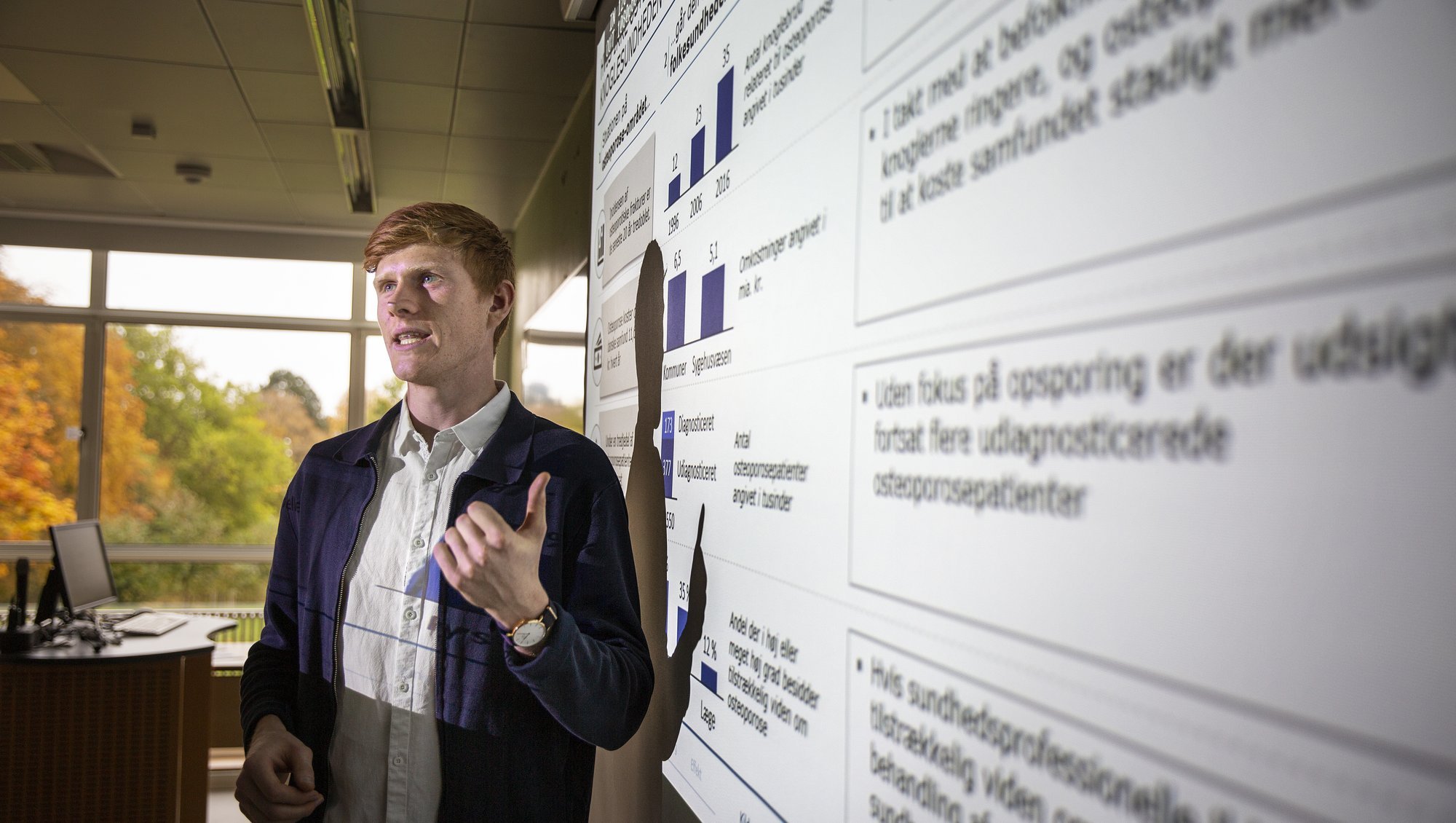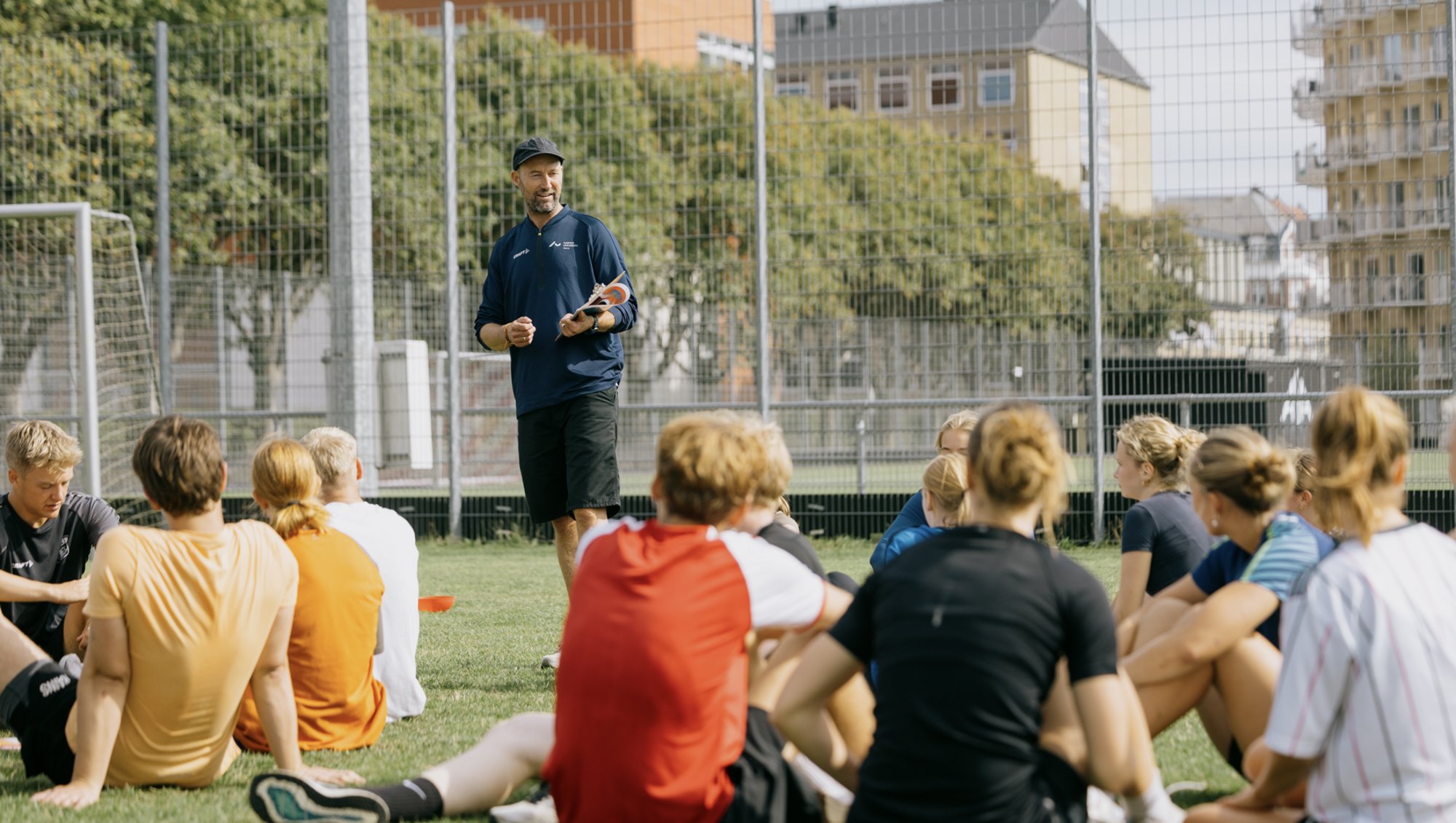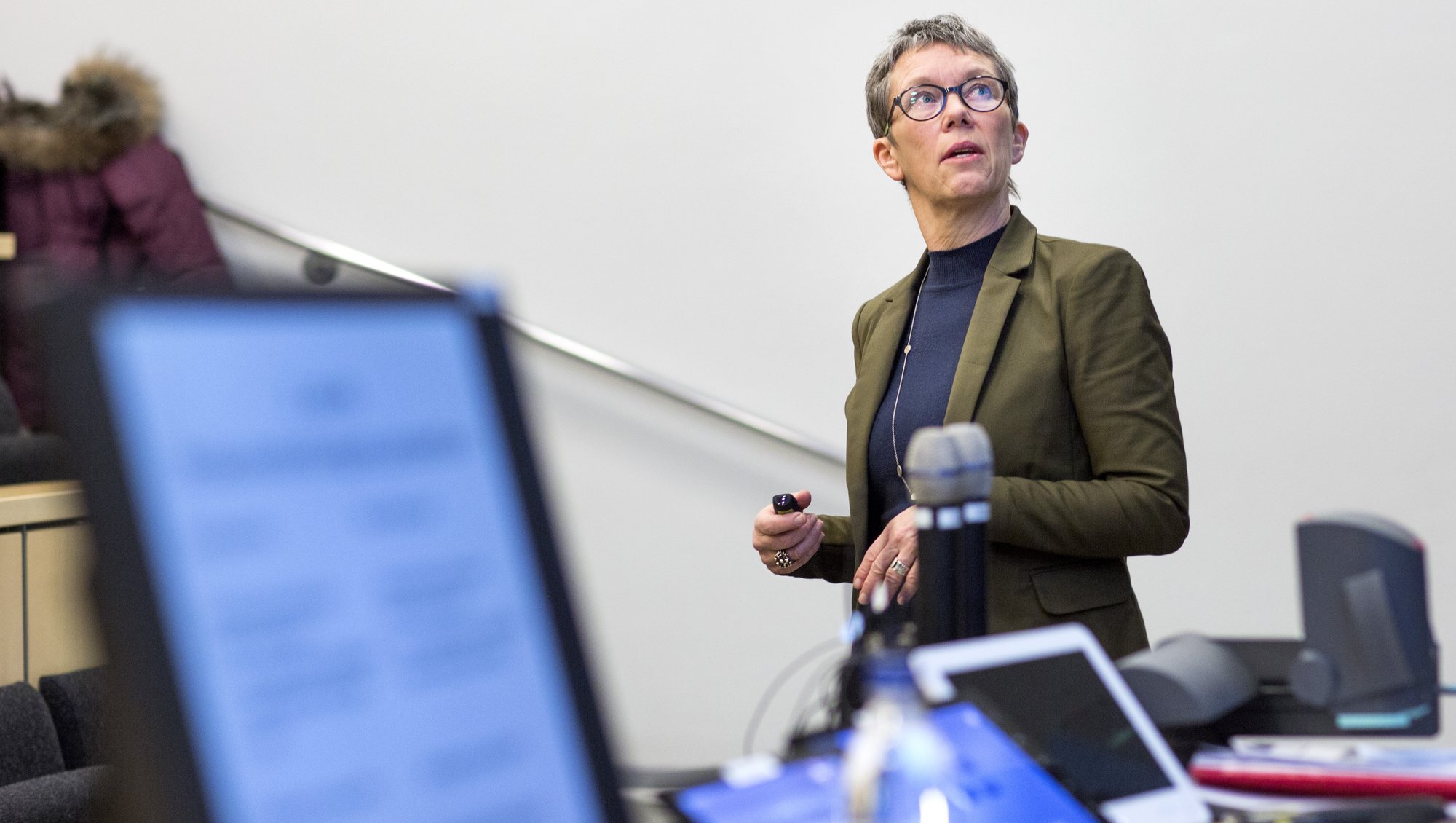Teaching at Public Health
We have high didactic standards and a great learning environment, and we believe that teaching forms part of a valuable interaction with research.
We expect all academic staff to teach
Depending on the type of employment (PhD, postdocs, professor, etc.), there may be different requirements for the extent of teaching, but in general, we expect all academic staff to teach.
5 things that characterise teaching at Public Health:
Close to engaged and motivated students
We have an informal teaching environment with room for academic discussions. The distance between teacher and student is short, and you will be able to follow the individual student's academic development closely.
Versatile teaching
Project-oriented group work, feedback in workshops, classic lectures, experimental setups, physical exercises, case competitions. These are just some of the pedagogical methods we use to combine academic theory with practical teaching exercises and lessons.
Development together with colleagues
We have a collegial community with many different expertises and experiences. As a teacher, you will become part of a smaller teaching team that together develops and tests ideas, plans teaching, and shares insights on the latest initiatives in modern university teaching. You can also help us develop courses and summer schools to attract students from all over the world.
Teaching in collaboration with the surrounding society
Through career-oriented project courses, internships and career-oriented theses, we connect our teaching with the surrounding society, including collaborations with sports clubs, sports associations, municipalities, and private companies.
Many different students and perspectives
Because we provide teaching to many different courses of study, you will meet both young sports science and public health science students and students with a health professional background and education as well as several years of work experience.
How teaching and research interact
Exposure to fresh perspectives
Interacting with students exposes you to diverse viewpoints and novel ideas. Questions and insights from the students will probably challenge your assumptions and introduce new angles to your research. And maybe you can even benefit from inviting some of the students into your research?
Feedback loop benefits your research
Teaching allows you to present your research in a simplified and structured manner. This process can help you identify gaps, refine your arguments, and enhance the overall clarity of your work through continuous feedback from students.
Research assistance from talented students
Engaging students in your research projects can provide valuable assistance. Talented and motivated students can contribute to data collection, literature reviews, and even co-authoring papers, increasing the productivity and scope of your research.
Skill development via teaching
Teaching hones your communication and organisational skills. Explaining complex concepts in an understandable way improves your ability to articulate your research findings to both academic and non-academic audiences.
Networking and strong collaborations
Establishing strong relationships with students can lead to long-term professional connections. Some students may become future colleagues, collaborators, or even experts in your field, expanding your academic and professional network.








